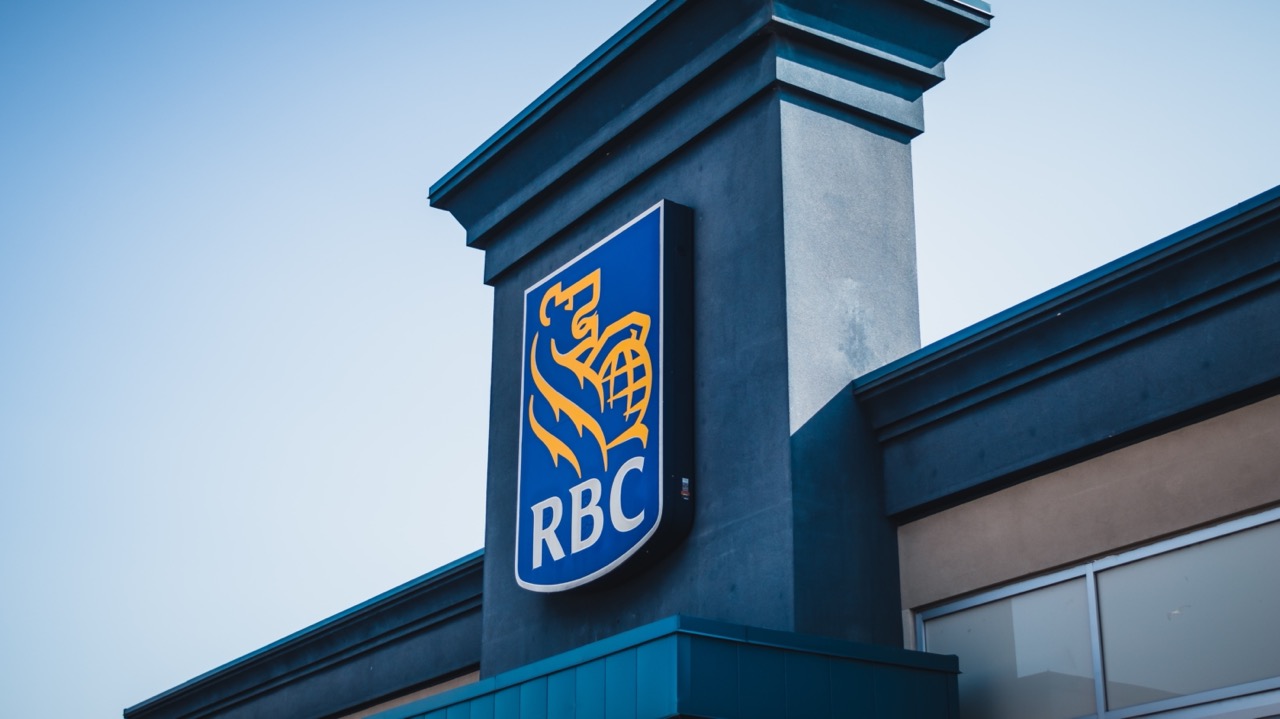Article content
A new C.D. Howe Institute report highlights the alarming decline of business investment in Canada since Justin Trudeau became prime minister. It “has been so weak since 2015 that capital per worker is falling,” authors William Robson and Mawakina Bafale write. Specifically, from 2015:Q4 to 2024:Q2, capital per available worker fell across all categories: engineering construction down four per cent, intellectual property products down nine per cent, non-residential buildings down 13 per cent and machinery and equipment down 21 per cent.
Article content
The business investment trend line was upward from 1990 to 2014 even with recessions and the 2008-09 crisis. But since 2015 it has been steadily downward. Relative to the average across developed economies, Canadian workers now receive about one-third less new capital; relative to American workers, Canadians receive barely half. These statistics are alarming because business investment is what fuels the productivity improvements on which standards of living depend. Given these numbers, it is little surprise that real GDP per capita in Canada is essentially flat compared to when Trudeau took office, versus robust 16 per cent growth in the United States.
Like the C.D. Howe study, a Business Council of Canada report by Robert Asselin, who was an adviser to Bill Morneau when he was Trudeau’s finance minister, highlights Canada’s economic underperformance. “Canada is experiencing stagnant productivity,” he writes, and “key indicators such as GDP per capita, business investments, and R&D spending all point to persistent economic weakness.” Asselin concludes that “Canadians will not be able to sustain their living standards — including benefiting from cherished social programs — if the country doesn’t change course.”
Article content
Alas, the Trudeau government shows zero signs of changing course. On the day the C.D. Howe report was released (Sept. 12), the federal government made two announcements related to entrepreneurship and small businesses. One was by Rechie Valdez, minister of small business, regarding taxpayer loans to entrepreneurs: “The federal government believes that every Canadian with a dream of opening a small business should be able to do so,” the announcement begins. So the government is “increasing access to financing” (that is, access to taxpayer funds) for aspiring entrepreneurs in a $60-million commitment over five years.
There are two problems here. First, no more should every Canadian who dreams of opening a small business be able to do so than should every Canadian with a dream of playing in the NHL see it fulfilled. Making it to the NHL requires significant athletic skill and investments in time; similarly, opening and successfully running a business requires operational ability and investments of capital (which can be borrowed or raised by aspiring entrepreneurs who have ability but lack financing). People should no more receive taxpayer handouts because they dream of owning a business than receive taxpayer handouts to pursue their dream of making the NHL. That people have dreams is not a reason for the federal government to give them other people’s money.
Article content
Second, although the Trudeau government says its program will help entrepreneurs, accessing taxpayer handouts is not actually an entrepreneurial activity. The $60-million federal commitment is not a program to increase entrepreneurship, it is a program to turn entrepreneurs into welfare recipients.
The other federal announcement Sept. 12 was on “supporting rural entrepreneurial opportunities across Atlantic Canada.” A real government announcement on supporting entrepreneurial opportunities would describe the removal of some regulation preventing entrepreneurship or some tax discouraging it, but of course the Trudeau government announcement was again about taxpayer handouts. Specifically, the government announced $12.6 million in handouts to support 41 “Community Business Development Corporations” that will in turn provide financial support and services to rural businesses in Atlantic Canada. In other words, the government is going to hire entrepreneurship bureaucrats.
That the Trudeau government conflates business activity with accessing taxpayer handouts and sets federal policy accordingly is one reason actual business activity, measured by how much businesses invest, has declined so much in Canada. In the meantime, federal spending has soared. Federal program spending this fiscal year is budgeted to be 16.1 per cent of GDP, with another 1.8 per cent of GDP going to finance federal debt. In fiscal year 2014/15, federal program spending was 12.8 per cent of GDP and debt expenses 1.2 per cent.
Lower business investment, stagnating standards of living, increased costs of government and an economic crisis in productivity — these are the sad results of a federal government whose idea of entrepreneurial activity is accessing taxpayer handouts.
Bookmark our website and support our journalism: Don’t miss the business news you need to know — add financialpost.com to your bookmarks and sign up for our newsletters here.
Share this article in your social network















